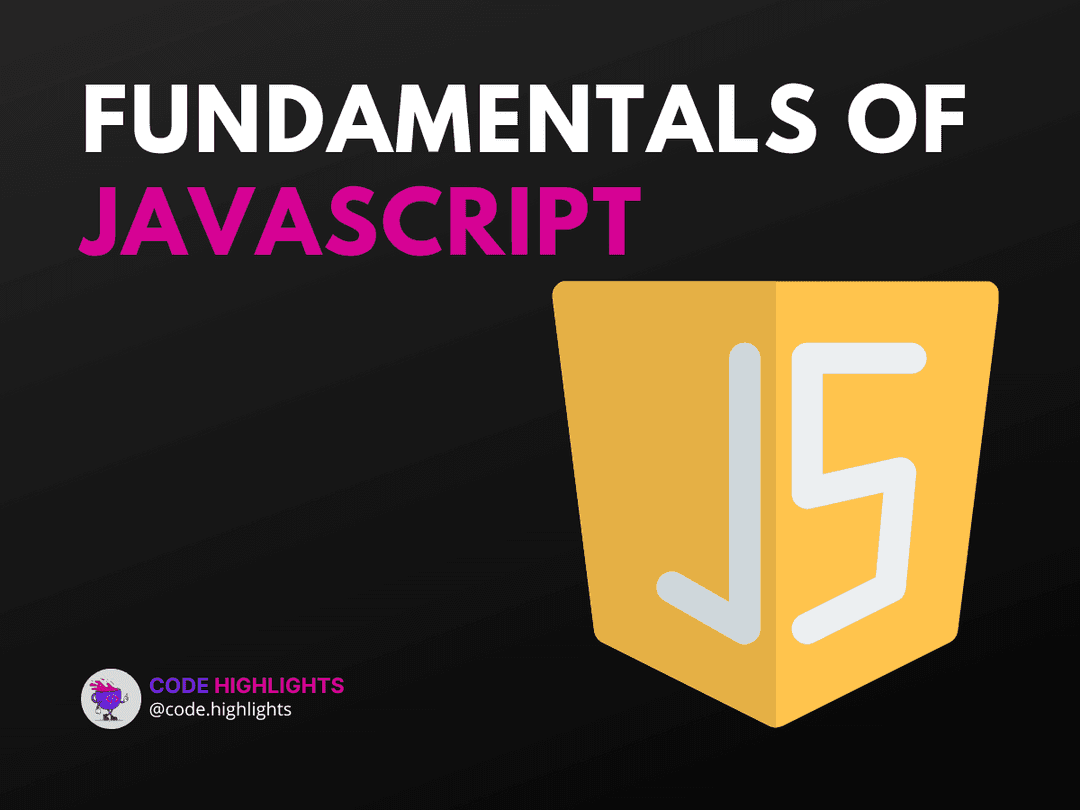Is JavaScript Case Sensitive? Avoid These Common Mistakes

- JavaScript's Approach to Case Sensitivity
- How to Avoid Case-Sensitive Errors in JavaScript
- Comparing Case Sensitivity Across Languages
- Which Language is Case Sensitive?
- Conclusion
JavaScript is a dynamic and essential programming language for web development, powering the interactive elements of countless websites. When diving into JavaScript, one fundamental question that often arises is: Is JavaScript case sensitive? Understanding this aspect of the language is crucial to avoid common bugs and write efficient code.
Here's a quick snippet to illustrate JavaScript's syntax:
1let myVariable = 'Hello, World!';
2console.log(myVariable); // Correct usage
3console.log(myvariable); // Incorrect usage - will throw an error
As you can see, myVariable and myvariable are treated as two distinct identifiers. This simple example sets the stage for our exploration into the case sensitivity of JavaScript and other popular programming languages.
JavaScript's Approach to Case Sensitivity
JavaScript is indeed case sensitive. This means that variables (like userName and username), function names, and other identifiers must be used consistently with the exact same casing throughout your code. Let's delve deeper into how to navigate this characteristic of JavaScript.
How to Avoid Case-Sensitive Errors in JavaScript
Case sensitivity in JavaScript can lead to errors if you're not careful. To avoid these pitfalls, follow these best practices:
- Consistent Naming: Always use the same case when referencing a specific identifier.
- Convention: Adopt a naming convention like camelCase for variables and functions, which is the standard in JavaScript.
Understanding case sensitivity also extends to recognizing JavaScript's keywords and reserved words. For instance, while is a valid keyword, but While or WHILE would not be recognized as such.
Comparing Case Sensitivity Across Languages
When discussing case sensitivity, it's useful to compare JavaScript with other languages. Both JavaScript and PHP are case-sensitive when it comes to variable names. However, HTML tags are not case sensitive, which you can learn more about in this HTML Fundamentals Course.
ECMAScript (ES), the standard upon which JavaScript is based, is also case sensitive. This consistency is vital for developers as they transition from one version of JavaScript to another.
Which Language is Case Sensitive?
Many programming languages, including JavaScript, Python, Ruby, and Java, are case sensitive. This is an important trait to recognize, especially when switching between different languages or working on projects that involve multiple programming languages.
Conclusion
In conclusion, the answer to "Is JavaScript case sensitive?" is a resounding yes. This characteristic is shared by many other programming languages, which makes understanding and adhering to consistent naming conventions all the more important. By following best practices and being attentive to case usage, you'll write clearer, more reliable code and sidestep those common mistakes that can trip up even experienced developers.
If you're eager to learn more about JavaScript, consider enrolling in this comprehensive Learn JavaScript course. For those new to web development, the Introduction to Web Development course is a fantastic place to start, and if you're looking to polish your styling skills, don't miss the Learn CSS Introduction course.
Remember, mastering the intricacies of case sensitivity is just one step on the path to becoming a proficient JavaScript developer. Keep coding, stay curious, and always keep learning!
Related courses
1 Course
Stay Ahead with Code highlights
Join our community of forward-thinkers and innovators. Subscribe to get the latest updates on courses, exclusive insights, and tips from industry experts directly to your inbox.

Related articles
9 Articles

Copyright © Code Highlights 2025.

